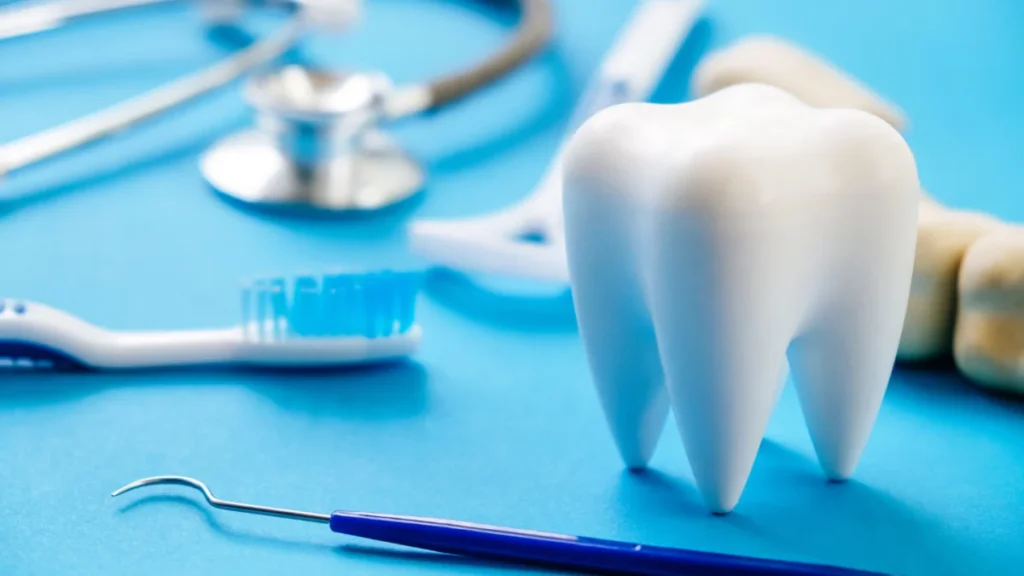Female sex hormones are chemical messengers that regulate reproduction, menstrual cycles, mood, and overall health. While estrogen and progesterone are considered the main female hormones, small amounts of testosterone are also present in women and play an important role. Understanding how these hormones work can help you recognize their impact on your body and the importance of maintaining hormonal balance.
Types of Female Sex Hormones and Their Functions
Estrogen
Estrogen is a group of hormones (estradiol, estrone, and estriol) that shape female secondary sexual characteristics. Estradiol is the most biologically active form. Estrogen regulates the menstrual cycle, supports bone health, improves skin elasticity, and helps maintain healthy cholesterol levels. After menopause, lower estrogen levels can increase the risk of osteoporosis and cardiovascular issues.
Progesterone
Progesterone is mainly produced by the corpus luteum in the ovary after ovulation. Its main role is to prepare the endometrium (the lining of the uterus) for implantation of a fertilized egg. If pregnancy occurs, progesterone helps sustain it during the early stages until the placenta takes over hormone production. It also affects mood, fluid retention, and body temperature.
Testosterone
Although commonly thought of as a male hormone, testosterone is also present in women in much smaller amounts. It contributes to libido, bone strength, muscle mass, and healthy skin. Too much testosterone, however, may lead to acne, irregular periods, or excessive hair growth (hirsutism).
Role in Puberty
During puberty, estrogen and progesterone drive the development of secondary sexual characteristics such as breast growth, the start of menstruation, and fat distribution in a typically female pattern. Hormonal surges also influence mood, bone development, and fertility capacity.
Role in Pregnancy
Sex hormones undergo major changes during pregnancy. Estrogen levels rise to support blood flow to the uterus and stimulate breast tissue growth. Progesterone ensures the uterine lining is stable for the developing embryo and prevents premature contractions. Balanced hormone levels are crucial for healthy fetal development and successful pregnancy outcomes.
Hormonal Imbalance in Women
When female sex hormones are out of balance, symptoms can affect many aspects of health:
Irregular or absent periods
Infertility
Acne, oily skin, or excessive hair growth
Mood swings, anxiety, or depression
Hair thinning or hair loss
Weight fluctuations and fatigue
One cutting-edge tool for this is thehormone tracker OVUL—an AI-powered, saliva-based fertility tracking device that provides real-time estrogen trend insights. It’s not merely a calendar; it functions as a full-featured fertility tracker device, especially useful for women managing irregular cycles or PCOS.







